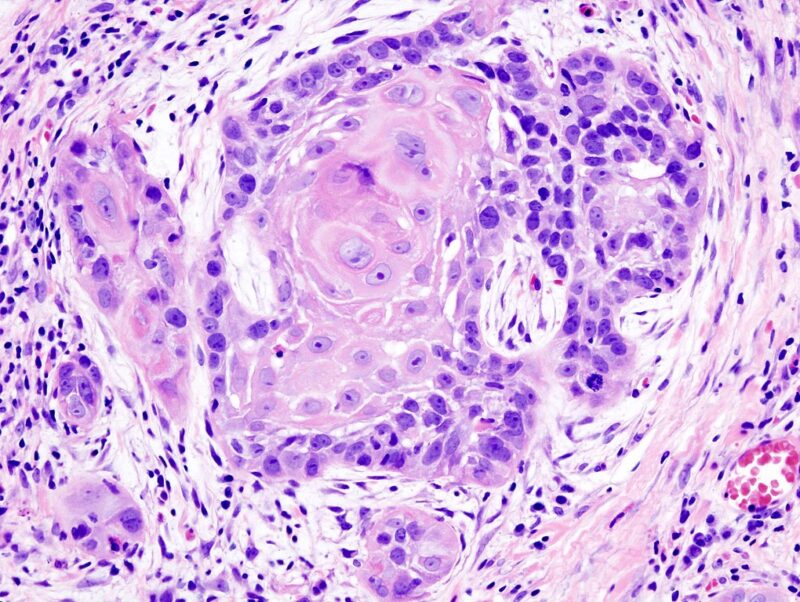
Genexine has dosed the first subject in the Phase II clinical trial of triple combination therapy in patients with recurrent/metastatic head and neck squamous cell carcinoma (HNSCC).
The combination treatment comprises the company’s two drugs GX-188E and GX-I7, along with Opdivo (nivolumab).

Discover B2B Marketing That Performs
Combine business intelligence and editorial excellence to reach engaged professionals across 36 leading media platforms.
Being carried out in South Korea, the trial will assess the safety and efficacy of the triple combination treatment in 21 subjects with HPV-16 or 18-positive recurrent/metastatic (R/M) HNSCC.
In the trial, endpoints evaluated will include those linked to safety and efficacy such as the overall rate of response.
A long-acting interleukin 7, immuno-oncology drug, GX-I7 enhances absolute lymphocyte counts to boost the number of T cells. It also has a mechanism for penetrating into the tumour microenvironment.
GX-188E is an anticancer, therapeutic deoxyribonucleic acid (DNA) vaccine and could specifically target HPV antigens to dendritic cells.

US Tariffs are shifting - will you react or anticipate?
Don’t let policy changes catch you off guard. Stay proactive with real-time data and expert analysis.
By GlobalDataOpdivo is a programmed death-1 (PD-1) immune checkpoint inhibitor of Bristol Myers Squibb.
Genexine president and CEO Neil Warma said: “This study is very important for Genexine as it represents a unique approach to treating a very complicated and difficult cancer.
“We are running separate trials with GX-188E in cervical cancer and GX-I7 in triple-negative breast cancer and glioblastoma, but the idea to combine both with a checkpoint inhibitor in HNSCC could challenge the standard of care and truly provide an important alternative for these patients and possibly to numerous other HPV related cancers.”
R/M HNSCC is regarded as an incurable disease, with a reduced prognosis and a few options for treatment.
As the tumour cells grow in the oropharyngeal region, it substantially affects the lives of patients, leading to functional disability and an increased death rate.





